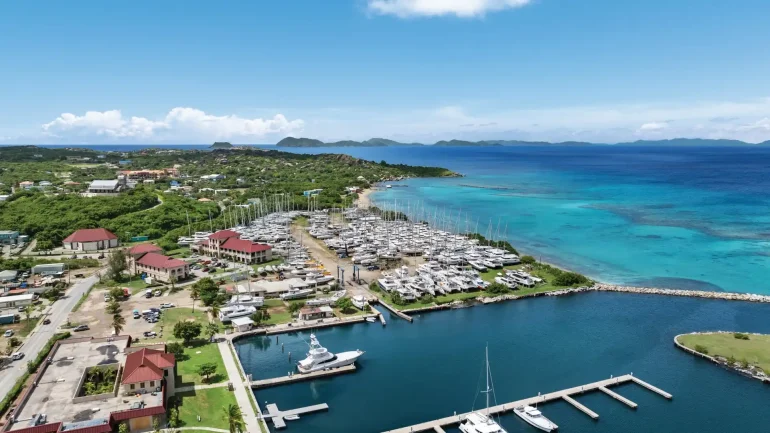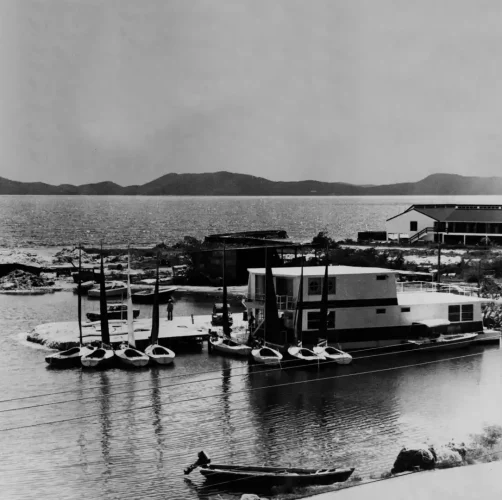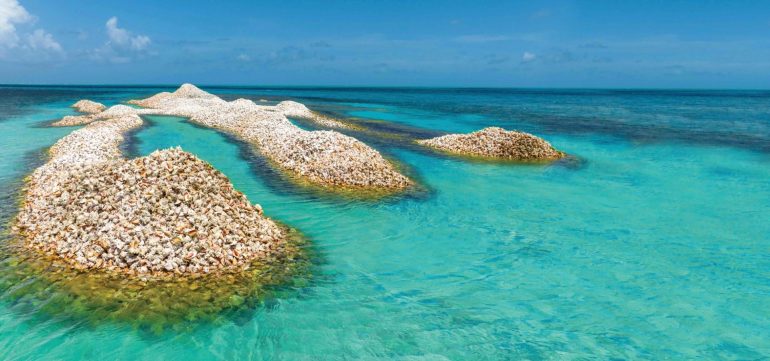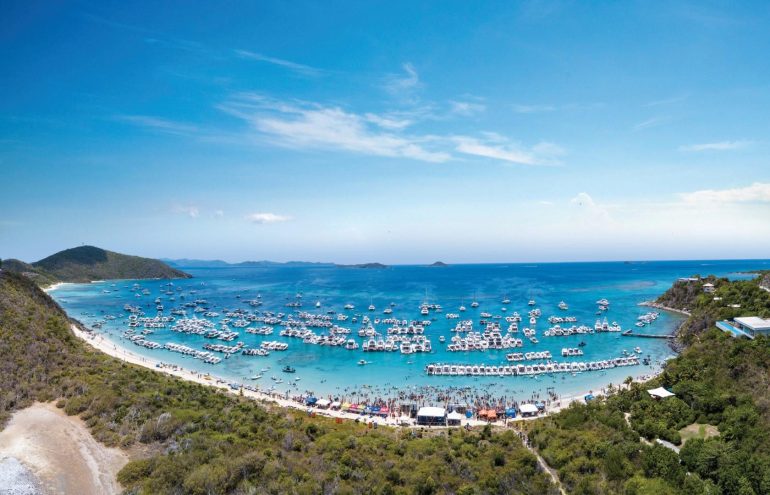The costs are just simply going up. Pretty soon we are going to have to face the fact that gas on the island will cost roughly $5 a gallon. Sure, you can brush it off as a minor expense on a 14-mile island drive round Tortola, but the reality is that for people residing and working on the island, the cost of living is on the rise. With the dollar fighting to hold its value and oil now approaching $120 a barrel, this cost on an island where nearly all goods are imported and all visitors flown in has the potential to be significant.
Tightening belts in an impending recession teaches the consumer to be wiser and the supplier to be more service oriented. In the US, sales of homes are down again, locking down that second home buy and tightening up disposable income. As many homes in the BVI are high-end second or seasonal homes the market may have to choose between holding out or bending to the quicker sale. The cost of doing so is a chain effect in retaining the market value.
As far as visitors to the island being affected by increasing oil prices, following the merger of Delta Air Lines and Northwest Airlines, it remains to be seen if there will be fewer planes in the air or if ticket prices will rise to cover fuel costs. Certainly the lure of the islands is unlikely to change. Air tickets have never gone down in price and it’s safe to say most people pay for what they want. That small daily expense, the daily cost of living ever on the increase that will affect our potential visitors, will make our sunshine tax appear even higher. Paradise costs dearly and our main source of clients, America, is already in the throes of a recession. The British Virgin Islands relies heavily on tourism, just as the property market relies on the success of the American economy to keep the high price-taggers in an affordable bracket for our property prices.






